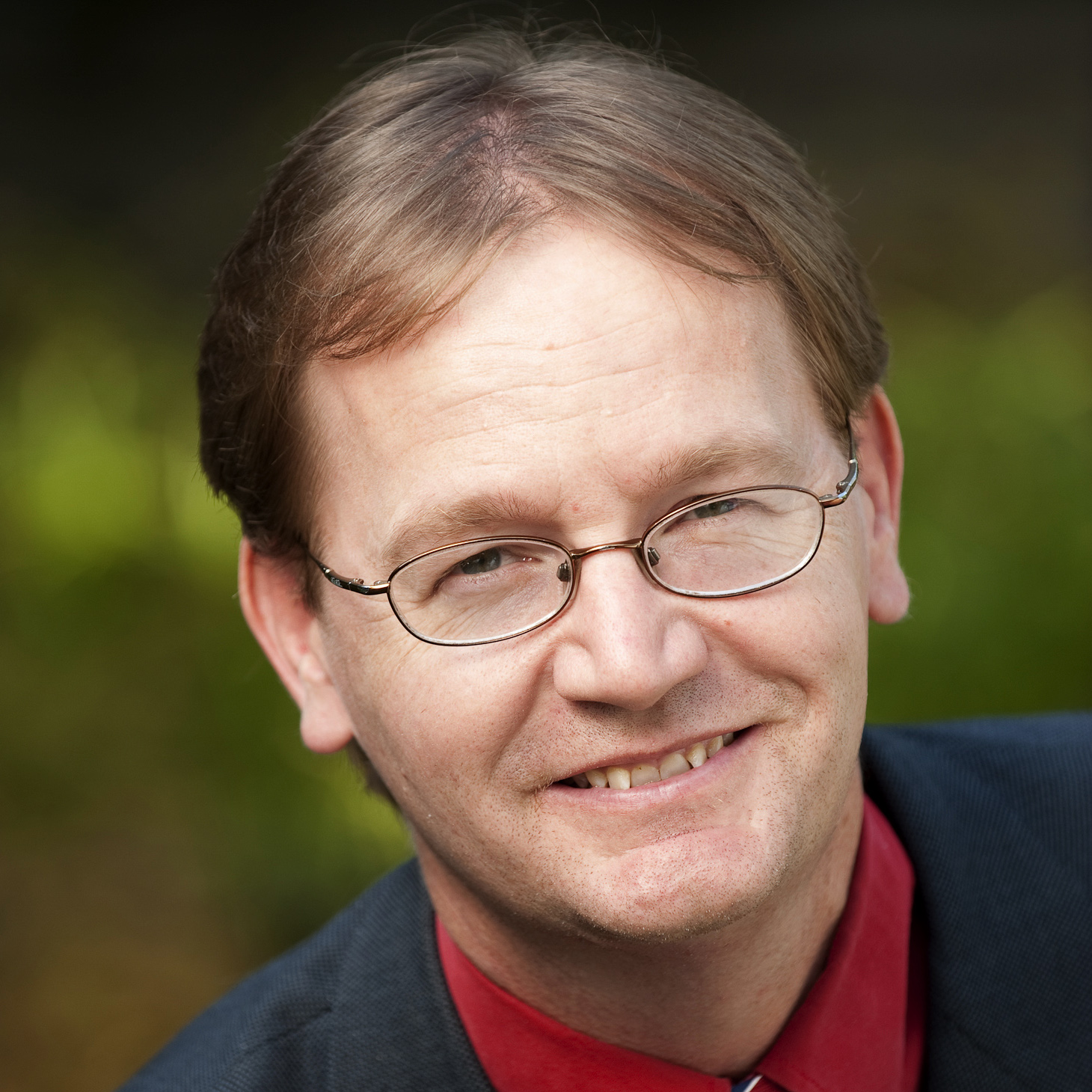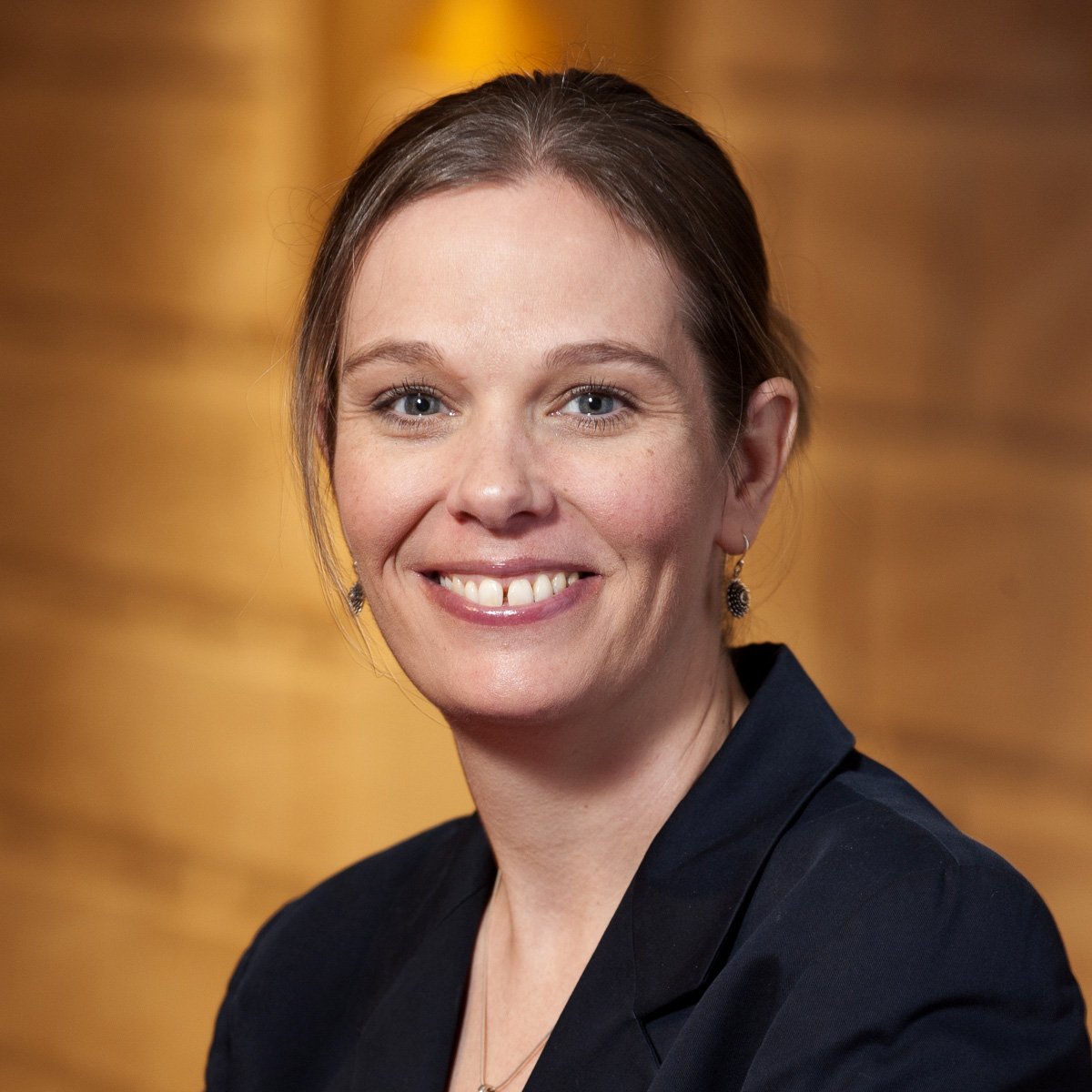Politics of the Orlando tragedy
SMU experts are available for interview on all things related to the current state of the presidential race.
DALLAS (SMU) – SMU experts are available for interview on all things related to the current state of the presidential race.
| CLINTON TAKES ‘RADICAL ISLAM’ ATTACK OFF TABLE, TRUMP DIALS UP THE HEAT |
|
|
For months, if not years, the most consistent attack from the Republican Party on Democrats’ handling of the war on terror was the Democrats’ refusal to refer to radical Islamists as radical Islamists. Monday, Hillary Clinton said those words, taking the attack off the table, putting the pressure back on Republicans to come up with a better critique of the Democrats’ efforts. “Donald Trump did kind of get a strategic concession out of Clinton in terms of getting her to say the words ‘Islamic radicalism,’ but it was wise of Clinton to take a differentiated stance from President Obama,” Voth says. “It takes a (Republican) chess piece off the table (when Clinton says those words) and begins the process, hindered by Bernie Sanders, of moving Clinton closer to the political center. It was almost too easy allowing Republicans to continue that attack, because it’s a harder question for them to name what policy they’d pursue to stop these attacks.” While Clinton’s gamble of saying “Radical Islam” was more subtle, Trump’s gamble of deploying his tried and true incendiary rhetoric was more dramatic. “Trump’s response was abrasive and inappropriate, but it’s also part of a calculus for his team to get attention, so it might not hurt him completely,” Voth says. “He’s done this kind of thing so often, I can’t say, ‘This time it will get him!’” The Orlando attack is the second major mass shooting by a radicalized Muslim since the election cycle began last summer. Regardless of whether another attack occurs before November, Voth says the security debate - and questions of how to keep Americans safe - will be a key facet of this election. “One of the answers will involve gun control and Clinton will say an assault weapons ban is necessary,” Voth says. “Republicans and Trump will call for a harder military response against ISIS. They’ll also attempt to flip the gun control argument by saying, ‘When tragedies happen, why are the American people being blamed for their gun culture instead of the killers for their depravity?’ Those will be the dueling arguments going forward as the country debates national security and terrorism.” Voth is SMU’s director of debate and an associate professor of corporate communications and public affairs. He can discuss:
|
|
| TRUMP PUTS PARTY LEADERS IN BIND WITH RESPONSE TO ORLANDO ATTACK |
|
|
Just when it seemed Trump might go a week without saying something controversial, he spent Sunday and Monday responding to the Orlando terror attack by congratulating himself for “being right” about Islamic terror, suggested Obama sympathized with terrorists and renewed his call for a ban on Muslim immigrants in a series of media appearances riddled with inaccuracies. For the rest of the Republican Party, Trump’s rhetoric made for a distracting start to the week. “Republican Leadership – Paul Ryan and Mitch McConnell – they can’t do anything other than say, ‘I don’t agree with what he’s saying,’ but continue to support their candidate,” Martin says. “If they take back their endorsement and Trump loses the presidency, they’ll be viewed as being responsible for that and that could do long-term damage to the Republican Party.” If the leadership feels trapped, the rest of the party appears to be running helter skelter. “Republicans running for office, particularly vulnerable ones, are distancing themselves from Trump because they don’t want an association with him to impact their re-election chances,” Martin says. “Famous Republicans like Mitt Romney and Meg Whitman are flat out saying they won’t vote for him. You have a cacophony of Republicans doing different things depending on what they personally have at stake.” “They’re between a rock and a hard place of their own making, but I don’t see a way out for them,” Martin added. As for The Donald himself, Martin thinks Trump’s response to Orlando will fire up his base, but diminish his ability to expand beyond it. “This goes back to the ‘Mexican’ judge episode: If you’re not a white guy, you’re really not an American to Donald Trump,” Martin says. “For Clinton to win the presidency, she has to win every constituency that’s not the white male. Trump seems to be reminding all those constituencies that he’s not their candidate.” Martin is an SMU assistant professor of Communication Studies in the Meadows School of the Arts. She can discuss:
|
|
###
21764-nr-6/15/16-kr

